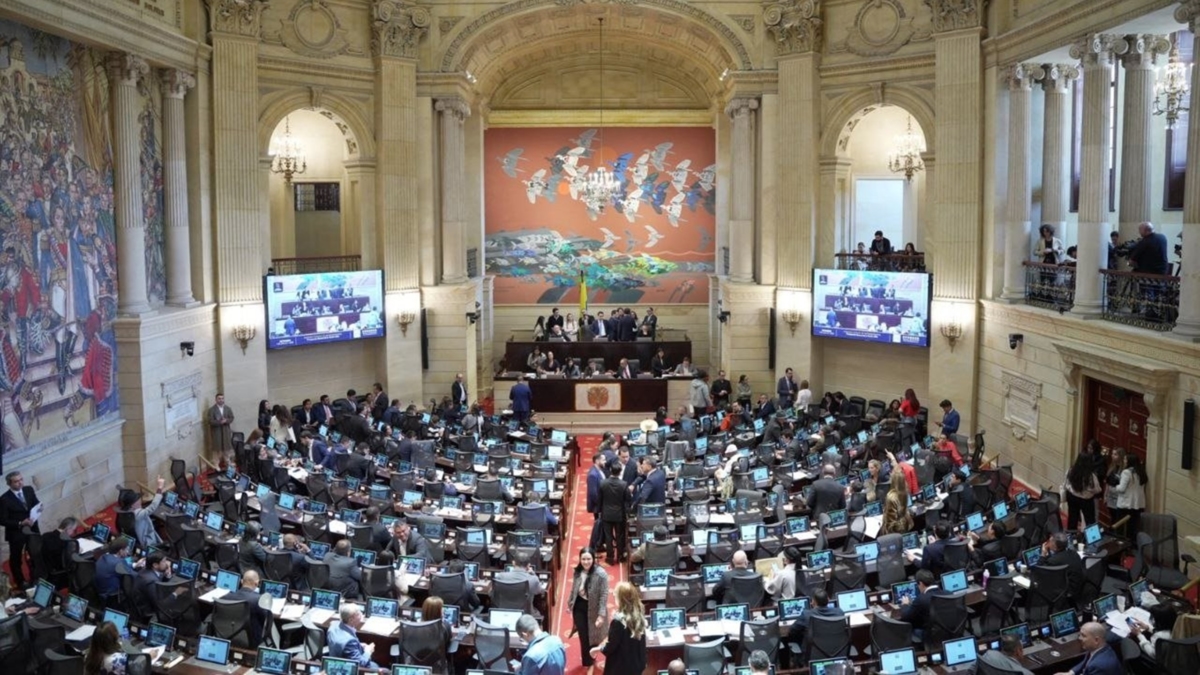Deputies approve the Revenue Law; approve 1.78 trillion pesos in debt

The Chamber of Deputies approved the Federal Revenue Law (LIF) 2026 late Friday night, despite criticism from the opposition. Despite criticism from the opposition, they endorsed a domestic debt of 1.78 trillion pesos.
With 352 votes in favor, 128 against, and zero abstentions, the lower house approved the ruling, both in general and specific terms, and the bill is now forwarded to the Senate of the Republic for analysis, discussion, and voting.
Without considering debt, the Federal Revenue Law proposes 8.7 trillion pesos for next year, a 4.6% increase compared to the amount approved this year. Considering debt, the Federal Revenue Law proposes 10.1 trillion pesos , which covers the proposed expenditure for next year.
Once again, one of the topics that sparked the discussion was debt, where opposition legislators criticized the debt ceiling requested by Claudia Sheinbaum's government.
According to the 2026 Federal Revenue Law , the domestic debt ceiling requested from Congress is 1 trillion 780 million pesos, while the external debt ceiling requested was 15.5 billion pesos.
"High levels of debt are authorized: 1.7 trillion pesos, an increase of almost 2% compared to 2025. With these debt balances, by the end of 2026, the Morena governments will have practically doubled the country's historical debt, jeopardizing the future of our daughters and sons. The debt will be almost 20 trillion pesos. That is, each Mexican will owe 153,000 pesos, and that is due to government decisions from the previous six-year term," said PRI member Emilio Suárez Licona.
With the approval, the Public Sector Financial Requirements (PSFR) will be 4.1% of Gross Domestic Product (GDP) next year, lower than the historical level of 5.7% observed in 2024.
Prior to the 2026 LIF, during the week the San Lázaro plenary also approved the Federal Rights Law, which increased museum fees, reforms to the Federal Tax Code, and modifications to the IEPS Law .
"Ladies and gentlemen, the projected revenues will be supported and made viable by the improvements discussed this week to the Federal Fees Law, the Federal Tax Code, the IEPS, and, in parallel, by improvements to customs legislation," said Carol Antonio Altamirano, a Morena member who chairs the Finance and Public Credit Committee.
For his part, Alfonso Ramírez Cuéllar asserted that the revenues proposed in the Federal Revenue Law will be achieved thanks to the tougher fight against tax evasion and the invoicing industry.
"Now, with Dr. Claudia's government, we are implementing another major tax reform based on plugging the huge loopholes created by fuel theft and counterfeit billing," he asserted, before calling on several opposition deputies to take the podium to "debate," prompting heated debates amid cries of "disrespect," "you're a coward," and "shameless."
After being submitted to the Senate, the deputies will have to begin analyzing the 2026 Federal Expenditure Budget Project (PPEF), whose approval deadline is November 15. Meanwhile, the Senate has until October 31 to approve the LIF (Federal Fees Law), the Federal Fees Law, and the amendments to the Federal Tax Code and the IEPS Law, and submit them to the Federal Executive Branch.
Eleconomista






